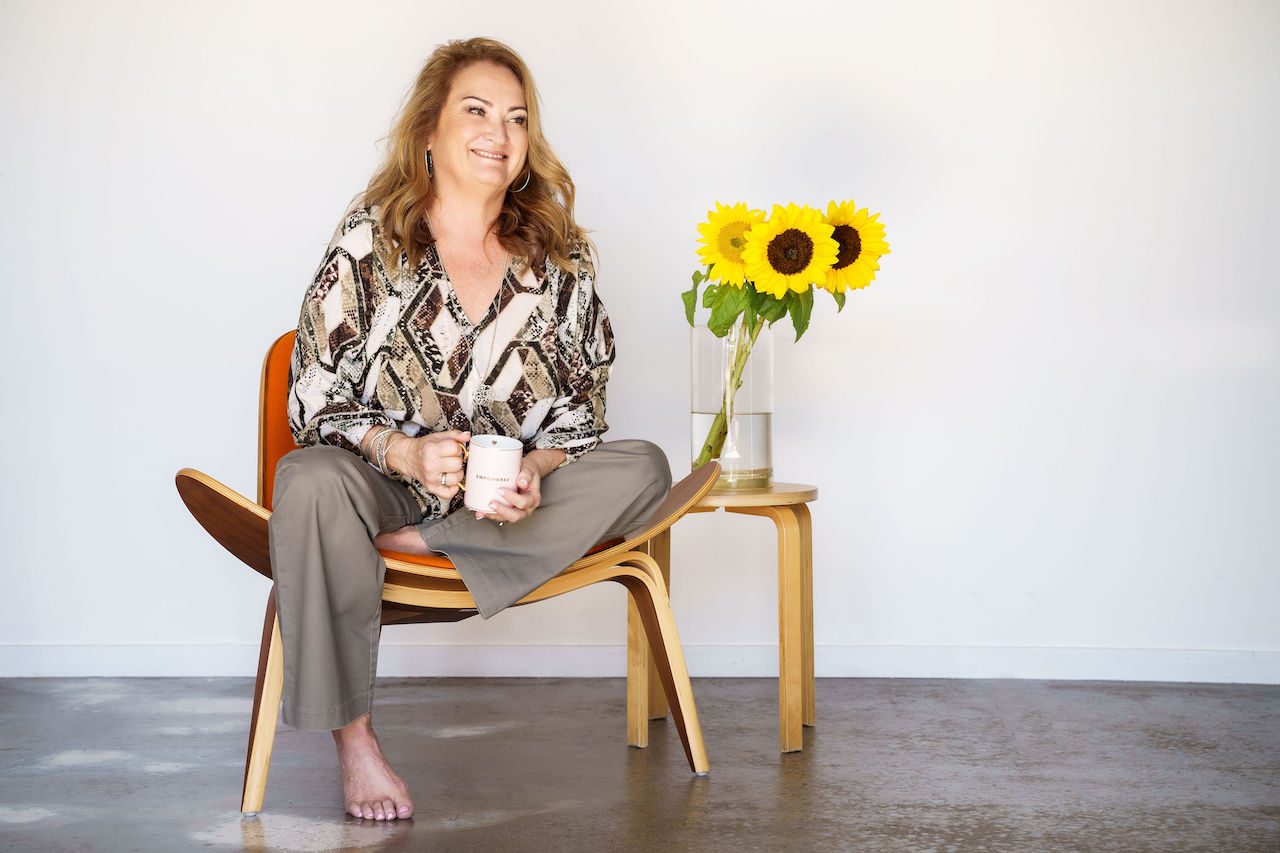You could say I feel like I’m a veteran of life’s battlefield burnout. Bear with me while I explain.
Growing up, I was never permitted to show vulnerability. At any point. If I did, it was thrown back in my face with laughter and mockery or used against me at any time. That included being unwell. I was not to complain about illness and there was never a doctor’s appointment for me. Other siblings, sure but not me because, “it cost too much.” It was an old-style ‘broken home’ where your individual ranking depended upon which side you were from.
For example, as a child with Asthma, I was not provided the necessary medicine to keep it under control. When it would flare, I would have to sleep sitting up for nights on end, gasping for breath all night, terrified and alone (‘you’ll be right’). The attacks started at just six years of age so, it is little wonder that as an adult, I ignored all the signs of anything that I considered a mental or physical health weakness.
Yet, recognising the signs of burnout was vital to starting the rehabilitation process, hence reaching middle age before I finally did.
When I had to close our travel company in 2002, I lived in denial about my own level of burnout. I suffered chronic anxiety, depression and complete emotional and physical exhaustion. Deep down, all I wanted to do was curl up in a ball and not come back. There were many reasons for the demise of our much loved, decade-old travel company. Not only was it a time of great global unrest following 9/11 and the Bali bombings, there was the threat of SARS, industry and economic challenges including the demise of Ansett Airlines. In addition, my husband was in ICU with a deadly virus, with an unknown outcome and I was burning the candle at both ends. And while it all undoubtedly contributed to our revenue challenges, my state of mind was also to blame.
I used to think that I thrived on stress. It kept me thinking, challenging and fixing. In my 30’s that was all good, but sustained serious stress and overwhelm not only drains the energy from you, it raises cortisol levels. Sustained raised cortisol levels are extremely unhealthy.
Ignoring the obvious signs such as hyper-vigilance, anger, anxiety and the feeling of powerlessness, not to everyone else except me, it took me almost ten years to see the wood for the trees, to get clarity and bring joy back into my life. Ten years! Please don’t be a fool like me and wait so long.
What I’ve Since Learned About Burnout.
Burnout is so much more than a crappy day or month. It is actually a chronic anxiety disorder. One that if left unattended, like mine, can result in prolonged emotional and physical exhaustion. Feelings of utter uselessness and hopelessness and of being detached from your tribe, family, work or social.
Burnout is, in essence, intense fatigue. Psychological, physical and emotional, all at once. This level of fatigue is a symptom of overuse. Trying to be all things to all people. Chronic and sustained stress. Sound familiar?
Recognising the Burnout Signs
That’s not to say that having a yukky week doesn’t make you feel absolutely dreadful, it does. But it’s important to know the difference between that and sustained overwhelm and what it can do to you physiologically as well as emotionally. If you are facing months of sadness, you’ve been downloading to friends and family, and still feel crap? It might be time to seek professional help.
The symptoms and severity of burnout will vary from person to person, but here are some signs that are worth looking out for if you are concerned, for yourself or someone you love.
- Mental and physical exhaustion
- Erratic behaviours and emotions
- Reduced or zero motivation
- Indecisiveness
- Decreased social interest
- Decreased libido
- Reduced interest in the simple joys such as food, sex and entertainment
- Depressive behaviour such as melancholy and despair
- Physical reactions such as illness, headaches, heart palpitations
- Anxiety and panic attacks
- Self-medicating with drugs and/or alcohol
Burnout can also be the result of festering trauma. Whatever that is for you, if you don’t identify what that trauma is, acknowledge it and then take steps to process it, it will simply eat away at you. There are also many other signs you may notice in yourself or others but ultimately, if behaviour has fundamentally changed, it’s time to ask why.
Rehab and Recovery from Burnout
Recovering from burnout requires your full attention. It’s vital to reduce your workload, remove stressors from your life and re-evaluate your commitments.
You need to have people you can talk to. Family, friends, a counsellor, coach and most importantly take time just for you, do whatever it takes, you need to get it off your chest and rest your mind, body and soul.
Don’t waste another day thinking you’ll just get over it. Seek professional help. I could kick myself for not seeking help sooner. I must say though, the best help I’ve ever had is creating Pure Health Hub. It allows me to share mine and others’ experiences in an effort to help others, which in my book is a win-win. x’








